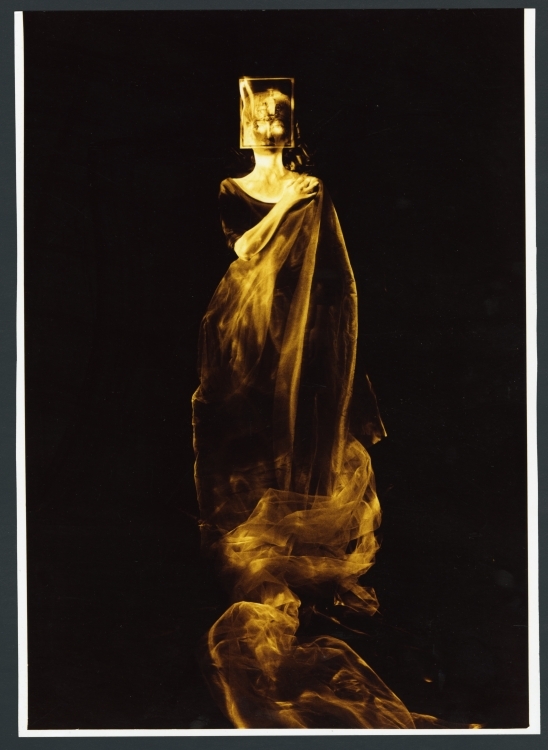Carlota's Music
The Opera Carlota
In the the early 1990s, Robert Avalon commenced on a new large-scale operatic project entitled Carlota that would pre-occupy most of his creative energies until his untimely death in 2004.
During this 14 year period, Avalon would collaborate with many artists, poets, and librettists to develop an opera that was both bold in its conception and original in its message. Avalon completed the libretto with poet Canary Islands poet Norma Carrillo - several drafts of which are located in the Robert Avalon Music Collection at the Woodson Research Center. Together with the Canary Islands poet Norma Carrillo, Avalon completed a dramatic libretto based on texts by Sor Juana Inds de la Cruz and Octavio Paz.
Three arias and an instrumental work are some of musical parts of the opera Avalon was able to complete. Represented here are recordings of two arias: Yo Soy Negra (I am Black)
Yo Soy Negra
About this work:
The composer's notes about this aria state: "Yo soy negra is the first aria of the opera, finding Carlota in her nuptial deathbed holding a rosary while a chorus sings the De profundis. She suddenly laughs hysterically, scatters the rosary beads, and erupts in a revelatory song of ecstasy and obscure logic, awaiting the arrival of the one she believes to be her rightful husband, Quetzalcoatl, the green plumed serpent, the ancient Artec god of goodness. This aria combines the poetry of the 17th century Mexico City nun Sor Juana and the living Canary Island writer Norma Carillo.
Hay Que Sonar
About this work:
Robert Avalon states the following about this aria: "Hay que soñar, the opera's finale sung by Quetzalcoatl when he comes to carry Carlota's soul to Paradise, is taken from an important poem of the Nobel Prize winning Mexican writer Octavio Paz entitled "El cantaro roto," or "The Broken Waterjar." These words sum up the philosophy of my opera, which is a need to dream without limitation - to search beyond the obvious and the apparent and to discover life's truths by interpreting nature's mysterious signals. I corresponded with Octavio Paz toward the end of his life and was fortunate to have his interest and support of my work on this opera. There are three of his poems in the opera's libretto, which express the most important musical themes of transformation, discovery, and revelation."

